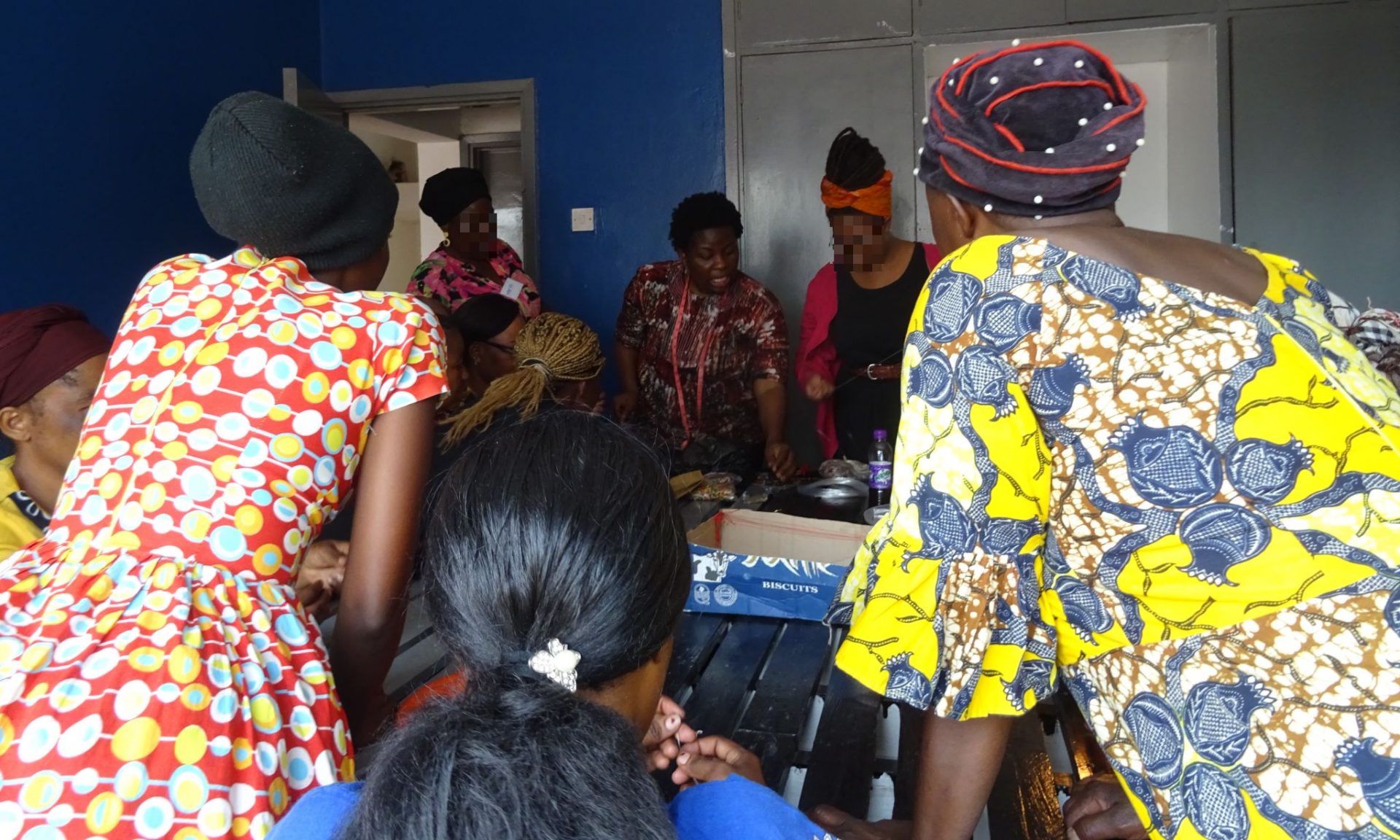In the second empirical chapter, I develop the idea of 'sisterhood’ in a dialogue between theory and experience. Firstly, a brief historical overview is provided to frame the roots of this idea which develops into the African feminist movement. Then, I continue to analyse the concept through Sue’s and Patricia’s journey, whose first-hand experience reflects the process of transformation of the said early sense of solidarity into sisterhood.
At the personal level, it can be observed how that prior sense of injustice and solidarity already present in themselves becomes reinterpreted by the feminist discourse of sisterhood. The analysis shows that the commitment of being a 'sister' to the others becomes especially meaningful when it is experienced and shared in community. For Sue and Patricia, the principle of solidarity became embodied firstly by the leadership programme’s network, which subsequently transformed into a seeming sisterhood. In this process, the role of feminist discourse becomes crucial. It is manifested how feminists make intentional use of this tool to give political meaning to their relationships and strengthen the cohesion of the broader social movement.
In this regard, the application of these ideas at the movement-building level are addressed, where the attainment of sisterhood becomes both a strategy and goal to be achieved. Such aims are closely linked to the identity-building process that emerges from this collective experience, connecting their feminist politics to a reinforced or new sense of self in society. How these feminist networks represent and engage with sisterhood is explored in the next blogposts.


